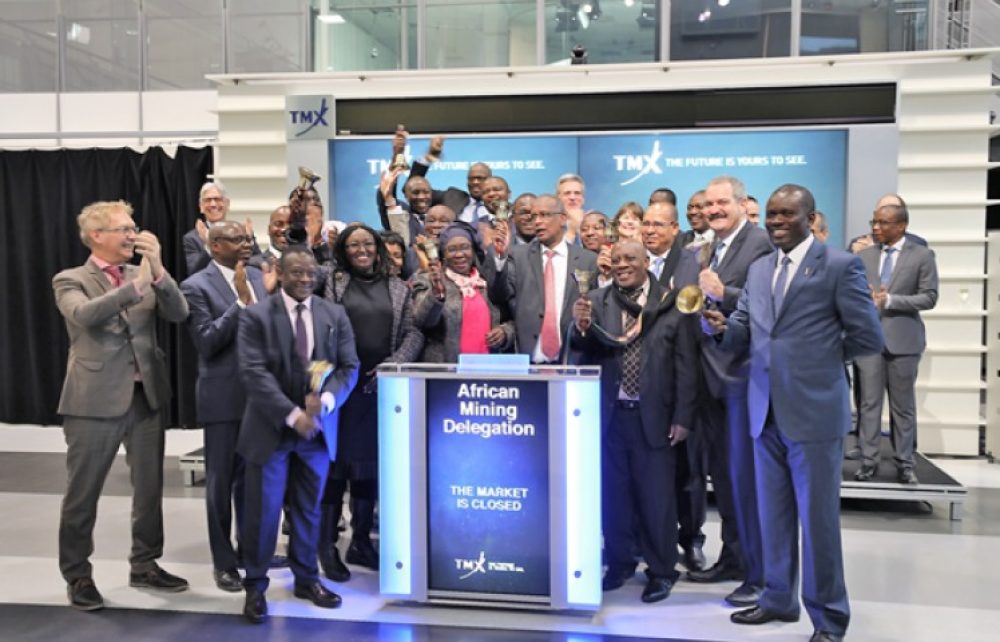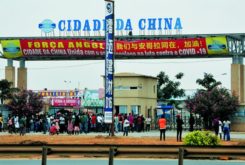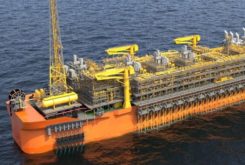European companies, especially in the construction sector, have long complained that Chinese official credit lines make them less competitive vis-a-vis Chinese counterparts in African countries. With a new alliance agreement between Europe and Africa, the business sector is confident that the playing field can be levelled.
Negotiations between the European Commission (EC) and the African Union Commission (AUC) on the new Post-Cotonou cooperation framework agreement are expected to enter their final phase in October, according to our sources. In parallel, the EC is negotiating with the Caribbean and Pacific blocs which, together with the Africa bloc (which includes most AU members), constitute the 79 ACP countries.
The original Cotonou Agreement officially expires on 29 February 2020 but may be extended, if necessary, for the parties to finalise legal dossiers. Throughout the period, and until 31 December, funding from the European Development Fund (EDF) could be established to prevent a cut in EU community aid to ACP countries.
Among the main changes to be introduced in the new agreement is the strengthening of the role of the private sector in cooperation between Europe and Africa.
The three key lines in investment finance will be increased free trade, the establishment of permanent dialogue structures with the private sector – to identify and eliminate constraints on investment and trade – and risk mitigation in new markets. Negotiators have also been meeting with teams from BusinessEurope and Business Africa, business confederations which are closely following the process.
The new agreement is expected to be concluded by the end of 2019, and formally adopted in Apia, Samoa, where part of the negotiations is ongoing. The current expectation is that the document will be known as the Europe-Africa Alliance, or Apia Agreement, becoming from 2020 onwards the main instrument for cooperation with the African continent (which represents around 98% of trade with ACP countries).
In the final negotiations, a central point for the African bloc is the priority of reforms to insert the continent’s economies into the global market, over the “conditions” in assistance included in previous agreements (human rights and good governance, among others). To make this point, AUC’s negotiating team has been invoking the lack of conditions in assistance provided by other key players on the continent, in particular China, Russia and Morocco, an AU country not part of ACP. European official development assistance for Africa is, however, recognised as the standard.
The need for infrastructure has been highlighted in the negotiations by the African side as a factor for the desired regional integration, namely by providing connections to countries without maritime access. The participation of EU countries in the continent’s infrastructure modernisation effort is considered to be in addition, not a substitute, to that of other powers, notably China.
The European private sector, in contacts with the EC negotiating delegation, also invokes the Chinese example to underline the need for companies from EU member states to have access to guarantees at least equivalent to those enjoyed by the Chinese business community in Africa, particularly construction companies.
The main factor attracting investment and partnerships of European companies on the continent is considered to be the African market itself – and its predicted rapid growth to reach three billion people by the end of the century.
Equality between both parties has been put forward by the AUC as a necessary condition for the success of the agreement by distinguishing itself from the logic of the Cotonou Agreement, of a donor-aid recipient relationship. The principle is accepted by the European side, in particular Neven Mimica, the current European Commissioner for International Cooperation and Development.
Showing openness to reduce the “constraints” criticised by the African bloc, the EC emphasises the need to promote democracy and the rule of law, which are considered necessary for the proper functioning of African economies and the creation of quality jobs.
The European side aims to improve market access, particularly in services. On the EC side, there is a belief that European investment is of superior quality to Chinese or Russian, for its potential to create jobs and stimulate exports, and that this is recognised by Africans themselves.
For the EC, reducing the risk associated with investments in African countries is crucial, notably by blending different forms of investment to attract European companies. Both sides show alignment on strengthening the role of the private sector in the implementation of the new framework agreement, as well as on greater involvement of financing institutions such as the European Investment Bank (EIB) and the African Development Bank (AfDB), as well as the European Development Finance Institutions (EDFI).
On the European side, the follow-up to the Europe-Africa Alliance will be carried out by four specific working groups – Digital Economy, Transport, Agriculture and Energy – led by the EC, with the participation of relevant business and academic entities.




